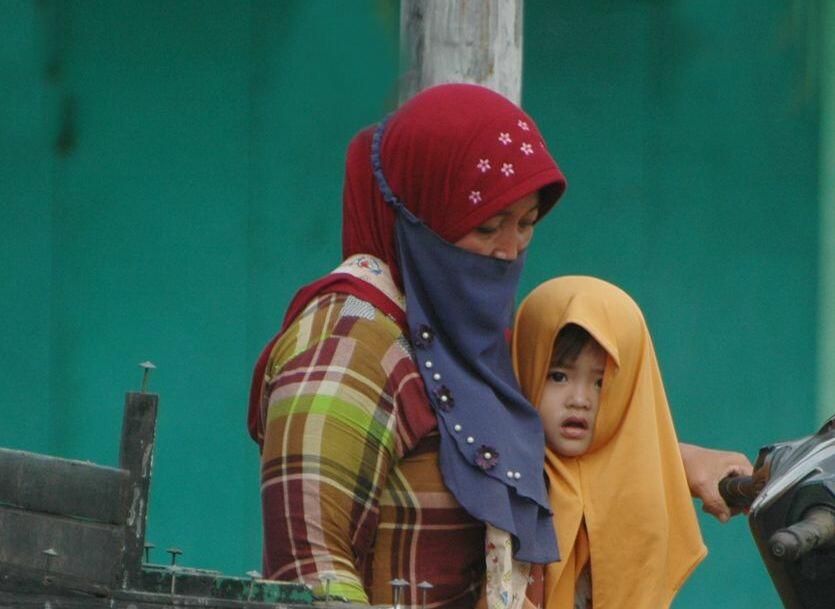
Tuberculosis (TB)-related stigma remains a key barrier for people with TB to access and engage with TB services and can contribute to the development of mental illnesses. This study aims to characterise stigmatisation towards people with TB and its psychosocial impact in Indonesia.
Unveiling the Layers of TB Stigma:
CAPITA explores the diverse forms of TB stigma.
Beyond the enacted stigma directly faced by TB patients, it sheds light on their internal struggles with self-blame and shame (self-stigma). It also tackles the ripple effect on families (secondary stigma) and embedded prejudices ingrained in laws and policies (structural stigma).
Building Bridges towards Zero Stigma:
The CAPITA project gathers both quantitative and qualitative data. Surveys provide statistical insights, while in-depth interviews amplify the lived experiences of people with TB, healthcare workers, policymakers, employers, and more. This multifaceted approach strengthens the foundation for crafting effective policies aimed at eradicating stigma in healthcare facilities and workplaces.
Empowering Change through Collaboration:
By actively engaging all stakeholders – from TB patients and healthcare personnel to government officials and company leadership – the CAPITA project ensures policies resonate with real-world needs and challenges. This inclusive approach fosters ownership and paves the way for sustainable change.
Sharing Knowledge, Sparking Action:
Equipped with a validated tool for measuring TB-related stigma, CAPITA doesn't stop at research. The project actively promotes the tool's adoption and scaling up at the national level. This empowers policymakers and healthcare systems to monitor progress and adjust interventions, accelerating the journey towards a future free from TB stigma.